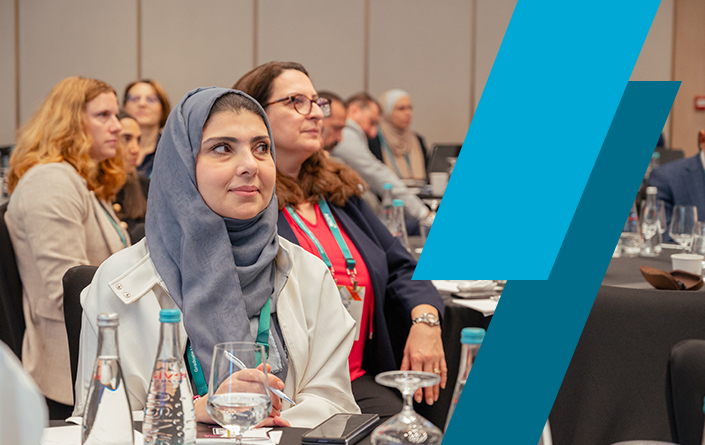Kanyathon: Experiential Program for Social Impact
Experiential courses help develop essential skills such as communication, negotiation, and fundraising execution to address gender equality and education of girls.
Call to Action
In a developing country like India, where social inequality is prevalent, institutions need to groom graduates who are socially responsible and sensitive to the issues of distributive justice. No professional will be able to function effectively in the future without an understanding of the impact their actions have on the environment and society. Interventions that expose participants to the issues of social reality, including the United Nations Sustainable Development Goals (SDGs), will be essential for planning the curriculum of the future.
A majority of the current immersive programs targeted toward building social sensitivity and development of essential skills are isolated activities, run in silos. The challenge is to present an integrated intervention through a real-time experiential business experience that motivates participants through a sense of achievement—a program that demonstrates a purpose and creates an impact on society and enables its sustainability.
The objective of Kanyathon is to immerse the students in a series of goal-driven activities, develop essential skills for fundraising and organizing a charity run, and deploy the funds for enhancing the life of young girls.
Description
Kanyathon includes the following interventions:
- A 10-kilometer run to bring attention to India’s “Save the Girl Child” campaign.
- A fundraiser established to sell registration tickets and organized as part of the Negotiation Skills course (two credits).
- Kanyathon Company: Participants oarganize themselves like departments within a corporation to plan and execute the event as part of the Effective Execution course (three credits). Participants learn teamwork, conflict resolution, and the art of getting things done.
- Participants propose and monitor the deployment of funds through NGO-run projects and undertake two weeks of a Social Immersion Program (five credits) to develop an understanding of the social context.
- Social Immersion Program in five adopted villages of Kolar (a district in the state of Karnataka, India): Students manage fund utilization with CRY (our NGO partner) to make an impact on young girls.
The broad objective of the intervention is to enhance students’ skills. Participants learn the following skills through real-time application:
- Negotiation skills: Negotiating with prospects and sponsors, approaching strangers, following up with leads, garnering references to convert to sales, and objection handling
- Execution skills: Planning and organizing, working with deadlines and targets, documentation, teamwork, conflict resolution, and decision-making
- Social responsibility: Understanding how people unlike us live, experiencing the joy of contribution
Impact
Kanyathon 2020 has had the following impacts:
- Registrations, runners, revenue: The Kanyathon held on March 1, 2020, received 10,076 registrations, 6,657 runners, and revenue of 2.3 million INR (around 31,251 USD).
- A snapshot of the Social Immersion Program at Kolar in 2020:
- Project location: Villages in Kolar covering the five IFIM adopted villages of Settiganahalli, Mylandahalli, Gangapura, Thirumalakoppa, and Koothandahalli
- Areas of Intervention: early childhood education, reducing malnourishment, and addressing the needs of young girls
- Number of children reached: 3,000
- Number of households reached: 800
- Post-COVID Resilience-Building program:
- Prevention of child labor, early marriages, and abuse
- Rehabilitation of those separated from families
- Awareness around menstrual hygiene
- Virtual education program managed by students
- Child protection programs and vaccinations
- Impact on SDGs: Kanyathon 2020 has contributed to SDG 1 (No Poverty) and SDG 5 (Gender Equality).
Reference Links:
- Video: Kanyathon 2020
- "IFIM Business School Held Its Annual Charity Run ‘Kanyathon’," Education World
- Kanyathon 2021






